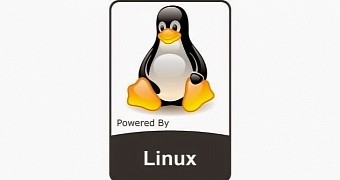Renowned Linux kernel developer and maintainer Greg Kroah-Hartman announced the end of life of the Linux 4.20 kernel series, urging users to upgrade to a newer kernel series as soon as possible.
Released on December 23rd, 2018, the Linux 4.20 kernel series brought lots of enhancements, including indirect branch speculation control per task to fix issues with the Indirect Branch Prediction Barrier (IBPB) and Single Thread Indirect Branch Predictors (STIBP) mitigations for Spectre security vulnerabilities.
It also introduced better Spectre Variant 2 userspace-userspace protection, stronger Spectre Variant 4 mitigations for ARM64 (AArch64) CPUs, support for AMD Radeon Pro Vega 20 GPUs, support for the C-SKY CPU architecture, as well as support for Hygon Dhyana x86 CPUs and AMD Radeon Picasso and Raven 2 GPUs.
But, as all good things must come to an end, the Linux 4.20 kernel series reached end of life with the Linux kernel 4.20.17 point release, which means that no further maintenance updates will be released for the series. Users are now urged to upgrade their GNU/Linux distributions to the latest Linux 5.0 kernel series.
"I'm announcing the release of the 4.20.17 kernel. Note, this is the LAST release of the 4.20.y kernel. It is now end-of-life, please move to the 5.0.y kernel tree at this point in time. All users of the 4.20 kernel series must upgrade," Greg Kroah-Hartman said in a mailing list announcement.
Upgrade to the Linux 5.0 kernel series
If you're using a kernel from the Linux 4.20 series on your GNU/Linux distribution, you currently have two choices, either update to the latest Linux 4.20.17 release or upgrade to the latest Linux 5.0 kernel series. If Linux kernel 5.0 isn't yet available for your GNU/Linux distribution, try upgrading to a supported LTS kernel.
Supported LTS (Long Term Support) kernels include Linux 4.19 (recommended), Linux 4.14, Linux 4.9, Linux 4.4, and Linux 3.16. Of course, you can also download and compile the most recent Linux 5.0 kernel version from kernel.org or through our free Linux software portal, but only if you know what you're doing.

 14 DAY TRIAL //
14 DAY TRIAL //